Foundry Die Cooling System
LK Die Casting Machine / 2024-08-30 09:27:13
2024-08-30 by Cherry
The foundry die cooling System is a key component
in the die-casting process and plays a vital role in
the die-casting process.
It can effectively control the solidification process
of the casting, improve product quality and production
efficiency, and directly affect the quality, production
efficiency, and service life of the mold.
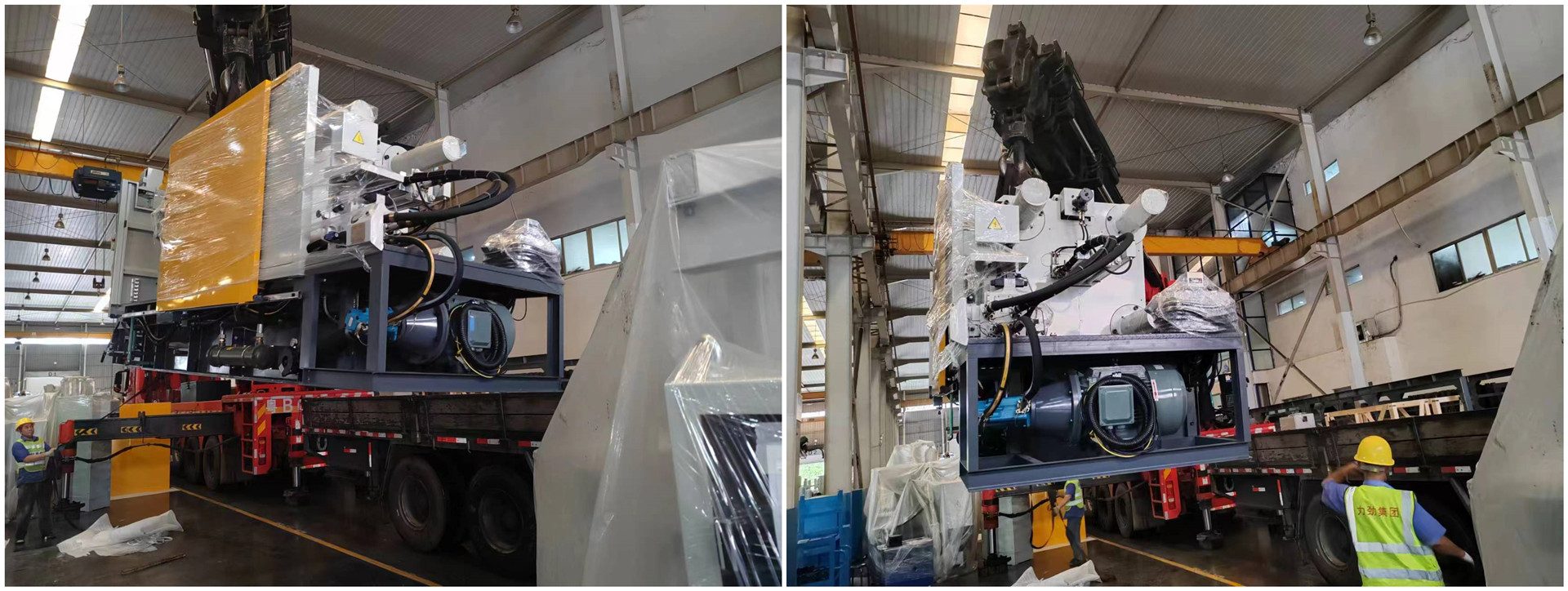
For the die-casting machine, the foundry die-cooling System
not only helps control the mold temperature but also
determines the molding time and surface quality of
the product.
If the foundry die cooling System is not designed
properly, it may cause defects in the product, such
as pores, cracks, or uneven hardness distribution.
The foundry die cooling System can reduce internal
and surface defects of the casting, improve the
grain structure and performance of the casting,
speed up the cooling speed, and shorten the production
cycle.
Therefore, understanding and optimizing the foundry
die cooling system a skill that every die-casting
industry the practitioner must master.
Working principle of the cooling system
The basic principle of the cooling system is to regulate
the temperature of the mold by controlling the flow of
coolant (such as water, oil, or air).
Typically, cooling channels are embedded inside the mold,
and these channels are connected to external cooling
devices.
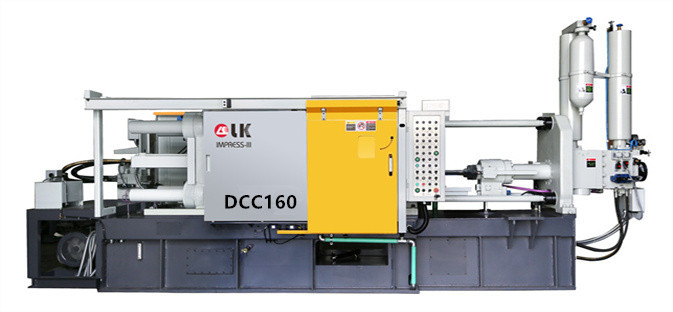
The coolant passes through these channels to remove
excess heat from the mold and keep the mold within
an ideal temperature range.
During the operation of the die-casting machine,
the mold is subjected to high temperatures and high
pressure, so effective temperature control is essential.
Excessive mold temperature may cause the casting to
shrink, affecting the dimensional accuracy and surface
quality of the product.
Excessive low temperatures may cause the material to
cool too quickly, generating internal stress, which may
cause cracks or deformation in the casting.
Different types of foundry die cooling System
Foundry die cooling System can be divided into many types according
to their design and application scenarios.
The following are several common foundry die cooling Systems:
1. Direct foundry die cooling System: The direct foundry die
cooling System introduces coolant directly into the mold
and removes heat through contact.
This foundry die cooling System usually simple in design
and has a significant cooling effect, which is suitable
for molds with high-cooling requirements.
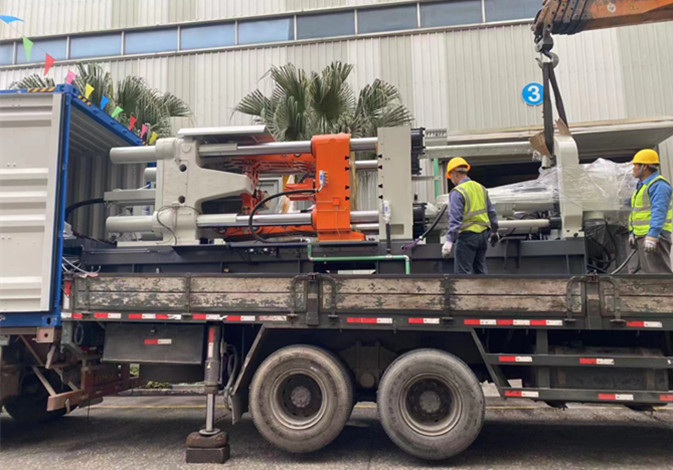
However, the direct foundry die cooling System may cause
uneven temperature on the inner surface of the mold,
which in turn affects the quality of the casting.
2. Indirect foundry die cooling System: The indirect cooling
system adjusts the temperature by setting a cooling
circuit outside the mold.
The coolant flows on the surface of the mold to remove heat.
The advantage of this system is that it cools evenly and does
not directly contact the inner surface of the mold.
It is suitable for applications with high-temperature control
requirements. However, its cooling efficiency is relatively
low and is suitable for applications in processes with small
temperature changes.
3. Pulse foundry die cooling System: The pulse of the foundry
die cooling System is a more advanced cooling method
that uses intermittent coolant flow to adjust the mold
temperature.
By adjusting the flow rate and flow rate of the coolant,
precise temperature control can be achieved at different
production stages.
This foundry die cooling System is suitable for the
production of complex molds and high-precision castings.
4. Hybrid foundry die cooling System: The hybrid cooling
system combines the advantages of direct and indirect
cooling and controls temperature in a variety of ways.
This system is usually used in large or complex molds,
can provide more uniform and efficient cooling effects,
and is suitable for processes with high cooling requirements.
Key factors in foundry die cooling System design
Designing an effective casting mold foundry die-cooling
system requires consideration of multiple factors,
that directly affect the performance of the cooling system
and the quality of the castings.
1. Cooling channel layout: The layout of the cooling channel is the
core of the cooling system design. A reasonable channel layout
can ensure uniform distribution of coolant and avoid local
overheating or overcooling. Generally speaking, the cooling
channel should be as close to the mold surface as possible,
but not too close to avoid affecting the mold strength.
2. Selection of coolant: Different coolants have different thermal
conductivity and flow characteristics. Water is the most commonly
used coolant, which has good thermal conductivity and cost advantages.
However, in some special cases, such as requiring higher cooling
efficiency or avoiding reactions between water and mold materials,
oil or other cooling media can be selected.
3. Size and shape of the cooling channel: The size and shape of the
cooling channel will also affect the cooling effect. Larger
channels can increase the flow of coolant and improve
cooling efficiency but may affect the structural integrity
of the mold. On the contrary, smaller channels may cause
uneven cooling. Therefore, it is necessary to make a
trade-off according to specific needs during design.
4. Control of foundry die cooling System: In the modern
die-casting process, the control of the cooling system
is increasingly dependent on automation technology.
Through sensors and control systems, the temperature and
flow of coolant can be monitored and adjusted in real time,
to achieve more precise temperature control.
This is crucial to improve product quality and production efficiency.
5. Optimization method: Through thermal analysis simulation,
heat treatment technology, the establishment of a stable cooling
medium circulation system, and regular maintenance and cleaning,
the performance of the foundry die cooling System can be further
optimized.
Relationship between the foundry die cooling System and
die-casting machine
The foundry die cooling System is inseparable from die casting.
During the die-casting process, the control of mold
temperature not only affects the cooling speed of the
casting, but also affects the overall operating efficiency
of the die-casting machine.
Excessive mold temperature may increase the load of the
die-casting machine, thereby shortening the service life
of the machine. Excessive mold temperature may cause uneven
cooling of the casting and affect product quality.
Therefore, the operator of the die-casting machine needs
to pay close attention to the operating status of the cooling
system. During the production process, timely adjusting
the parameters of the cooling system to ensure that the mold
temperature remains within the appropriate range is an
important measure to improve production efficiency and
ensure product quality.
Maintenance and maintenance of the foundry die cooling System
The maintenance and maintenance of the cooling system is
the key to ensuring its long-term stable operation.
The following are some common maintenance measures:
Regular cleaning of cooling channels: The cooling channel may
accumulate scale or impurities after long-term use, affecting
the cooling effect. Regular cleaning of the channel can
maintain the efficient operation of the cooling system.
1. Check the quality of the coolant: The quality of the coolant
directly affects the cooling effect. The coolant should be
replaced regularly and checked for contamination or deterioration.
2. Check the sealing of the foundry die cooling System:
The sealing of the cooling system is crucial to prevent
coolant leakage. Check the seals regularly to ensure that
they are intact.
3. Monitor the operating parameters of the foundry die
cooling System:
By monitoring the operating parameters of the cooling system,
such as flow rate, temperature, etc., potential problems
can be discovered and adjusted in time.
Emerging technologies and the development trend of
foundry die cooling System
With the development of science and technology, the foundry
die cooling Systemof casting molds is also constantly
improving.
Some emerging technologies are gradually being applied
to the design and optimization of cooling systems.
1. Intelligent control system: Modern cooling systems are increasingly
adopting intelligent control technology. By real-time monitoring
and automatic adjustment of the flow rate and temperature of the
coolant, the intelligent control system can achieve more precise
and efficient temperature control, further improving product quality.
2. Application of additive manufacturing technology: Additive manufacturing
technology (such as 3D printing) provides new possibilities for
the design of cooling systems. Through additive manufacturing,
complex cooling channels can be made, which can improve
the cooling effect and reduce the cooling time.
3. Development of new cooling materials: The development of new
cooling materials provides more options for the optimization
of cooling systems. For example, nanofluids are becoming a
potential substitute for coolants due to their excellent thermal
conductivity.
Conclusion
The cooling system of the casting mold plays a vital role
in the die-casting process. Through reasonable design and
maintenance, the cooling system can not only improve product
quality but also extend the service life of the mold and
die-casting machine.
With the development of science and technology, the cooling
system will continue to evolve and be used in a more
intelligent and efficient future.
Whether it is design, operation, or maintenance, understanding
and mastering the principles and technical points of the cooling
system are compulsory courses for practitioners in die-casting
industry to improve work efficiency and product quality.
In practical applications, continuous optimization and improvement
of the cooling system will help companies stay ahead of the competition.
For more info, you can refer to:
https://www.tiktok.com/@lk_diecastingmachine/video/7405113006880820522
https://www.youtube.com/shorts/JLX410QV_kw
To learn further info about Die Casting Machines,
pls contact LK Die Casting Machine Authorized Official Agent
LK OFFICIAL AGENT OFFICE DCM
LK Die Casting Machine Authorized Official Agent for Egypt(EGY)
Saudi Arabia(ksa)
United Arab Emirates(UAE)
The Islamic Republic of Iran(Iran)
Qatar(QAT)
The State of Kuwait(Kuwait)
The Middle East
Address: 1. Industry Zone, South of Port Said Kebly, Cairo, Egypt
2. EX 14., EASTERN RING ROAD, AI RAYAN DISTRICT,
RIYADH, SAUDI ARABIA
Arabic Website: https://ae.zazdiecasting.com/
English Website: https://www.zazdiecasting.com/
Phone/WhatsApp/Wechat: 0086 13598704163
Mobile: +20 101 304 3317 +20 150 181 8310
Email: jack@zazmae.com ahmedmahmoud@zazmae.com
OTHER CONTENT
-
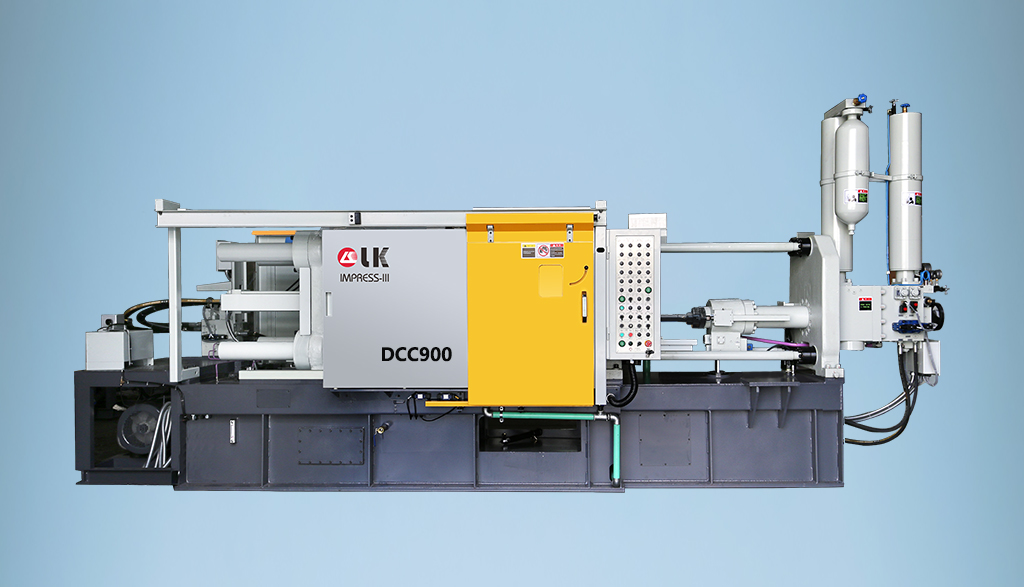
2024-09-19 14:16:15 LK Cold Chamber Die Casting Machine DCC900 Locking Force: 9000KN Die Height: 400-1000mm Space Between Tie Bars: 930x930mm Shot Weight: 13.5Kg Casting Area Max:2250c㎡
More -
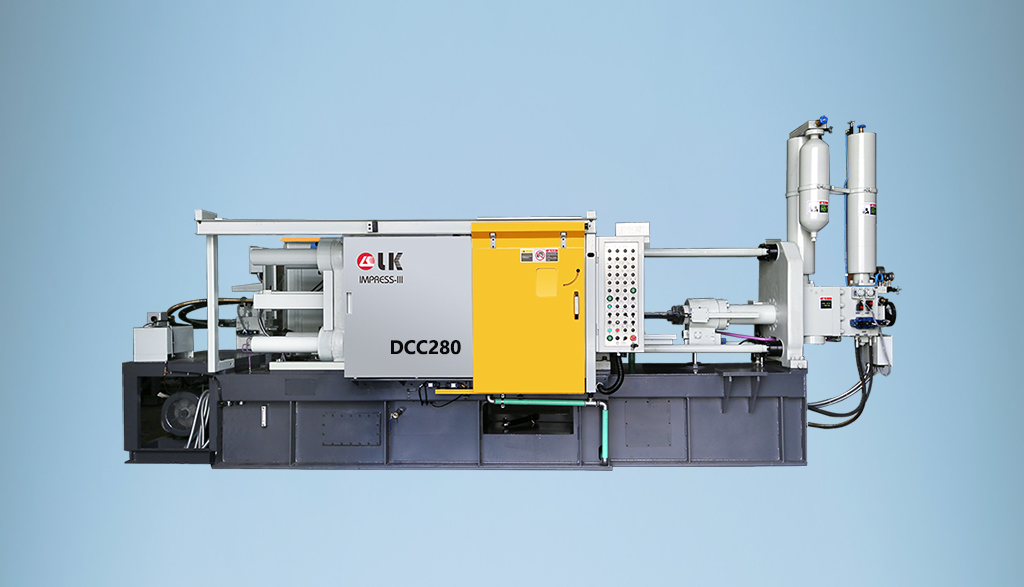
2024-09-19 14:11:06 LK Cold Chamber Die Casting Machine DCC280 Locking Force: 2800KN Die Height: 250-650mm Space Between Tie Bars: 560x560mm Shot Weight: 2.9Kg Casting Area Max:700c㎡
More -
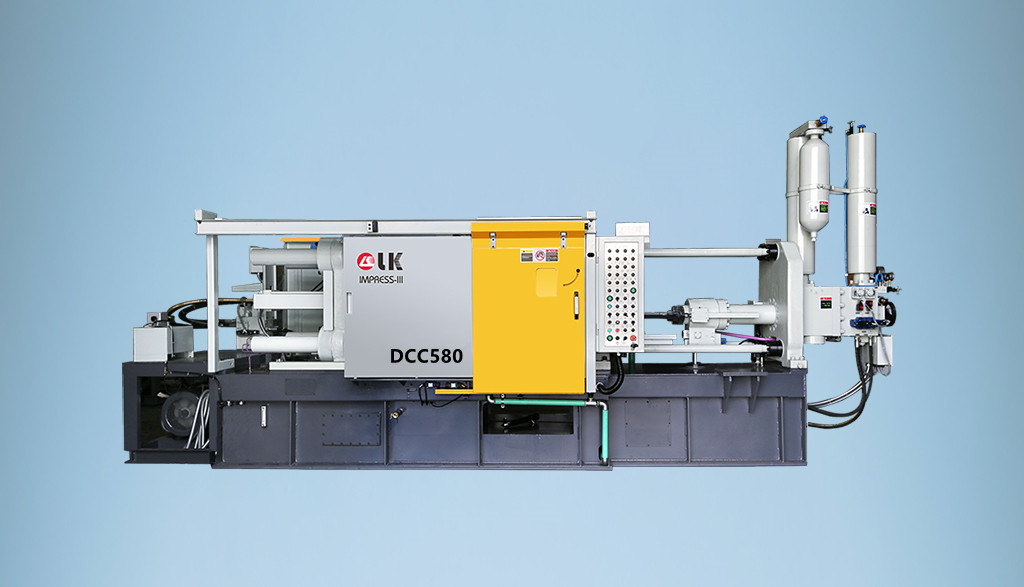
2024-09-19 10:23:07 LK Cold Chamber Die Casting Machine DCC580 Locking Force: 5000KN Die Heigh: 350-850mm Space Between Tie Bars: 760x760mm Shot Weight: 6.9Kg Casting Area Max:1250c㎡
More -
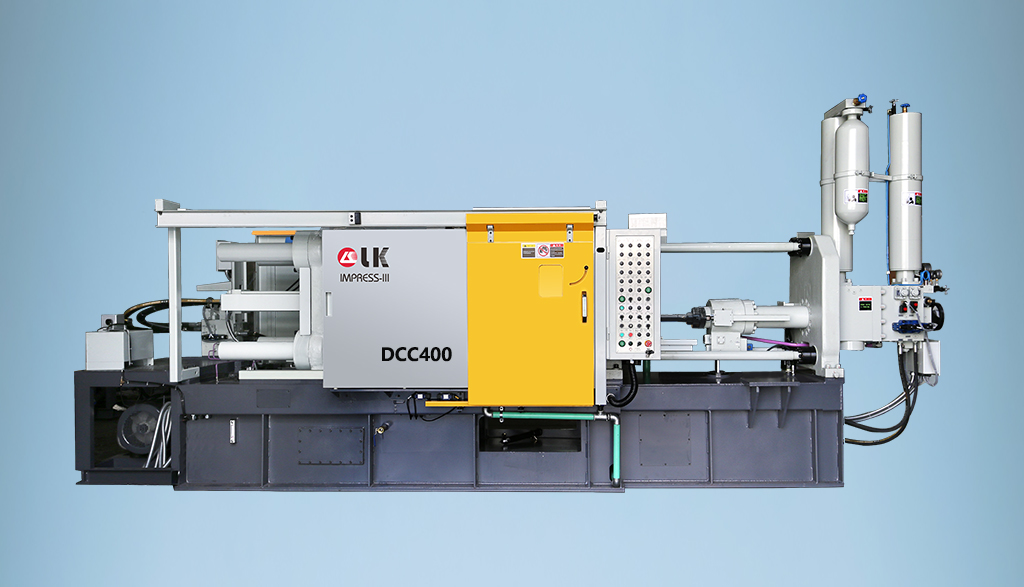
2024-09-19 10:11:20 LK Cold Chamber Die Casting Machine DCC400 Locking Force: 4000KN Die Height: 300-700mm Space Between Tie Bars: 669x669mm Shot Weight: 4.7Kg Casting Area Max:1000c㎡
More

